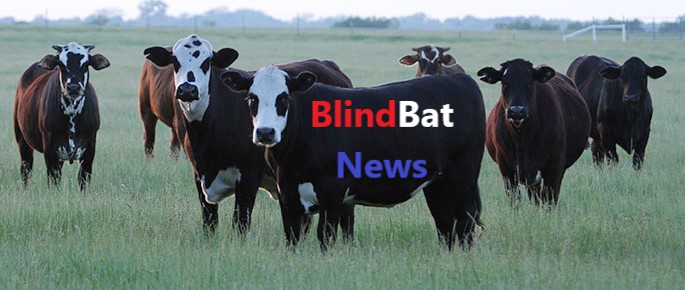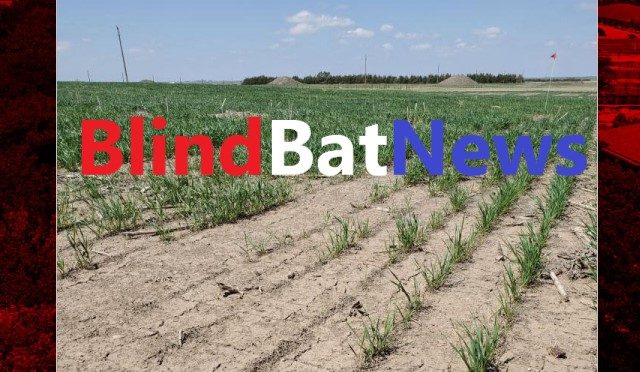Here is an incomplete list of recent links, and video reports, affecting the 2023 Winter wheat harvest in the United States.
“We’ll see short wheat, thin stands, some wheat that looks really good and a lot of fields that aren’t going to be harvested.”-Justin Gilpin, CEO of Kansas Wheat Commission
The U.S. Department of Agriculture’s (USDA) World Agricultural Supply and Demand Estimates (WASDE) projects the overall 2023-24 U.S. wheat supply to go down, while U.S. demand goes up, meaning higher prices! The USDA also expects a slight 2% increase in Winter Wheat production, which won’t affect the overall yearly total.
Wheat bran might not be good for gluten free diets, after all!
KANSAS: The Kansas Wheat Commission is confused by low wheat futures (wheat market prices). Winter wheat harvests are going to be low, as low as the harvest of 1963, this should push futures higher (low supply, high demand) but for some reason July futures went 16% lower: “It just feels like the market is oversold and kind of overdone considering the production situation we’re facing in the southern Plains of the United States.”-Justin Gilpin, CEO of Kansas Wheat Commission
But wait, here is another report that says “July Kansas City wheat prior to the report was up 13 cents but soared at one point to move nearly 58 cents higher before finishing with a still very strong gain of 35 1/2 cents.”
IDAHO: Higher commodity futures might not be enough to cancel higher operating costs for Gem State farmers!
MICHIGAN/OHIO: Fertilizing (‘feeding’) the wheat, again, will it make a difference or is it “snake oilish”;
NEBRASKA: University of Nebraska worries that the dry Spring killed the Winter wheat harvest: “It’s been a cool, dry spring, so we haven’t had a lot of growth in the wheat. It has greened up. So, we can now see what kind of stand we have, or winter kill.”-Cody Creech, Nebraska Extension dryland cropping specialist
OKLAHOMA: Oklahoma Grain and Feed Association warns that the 2023 Winter wheat harvest could be lowest, ever!
Eight months without rain, when it came it was too little too late, tough drought not seen since the 1950s;
Division of Agricultural Sciences and Natural Resources at Oklahoma State University warns there are cost concerns for fertilizing wheat for hay or grain;
U.S. Hunger Games: DAIRY LAWSUITS, BEEF SHORTAGES, CARBON CREDITS INCREASE CONSUMER COSTS! SUGARCANE MEANS COW SHIT DON’T STINK?
DAIRY LAWSUITS, BEEF SHORTAGES, CARBON CREDITS INCREASE CONSUMER COSTS! SUGARCANE MEANS COW SHIT DON’T STINK?
